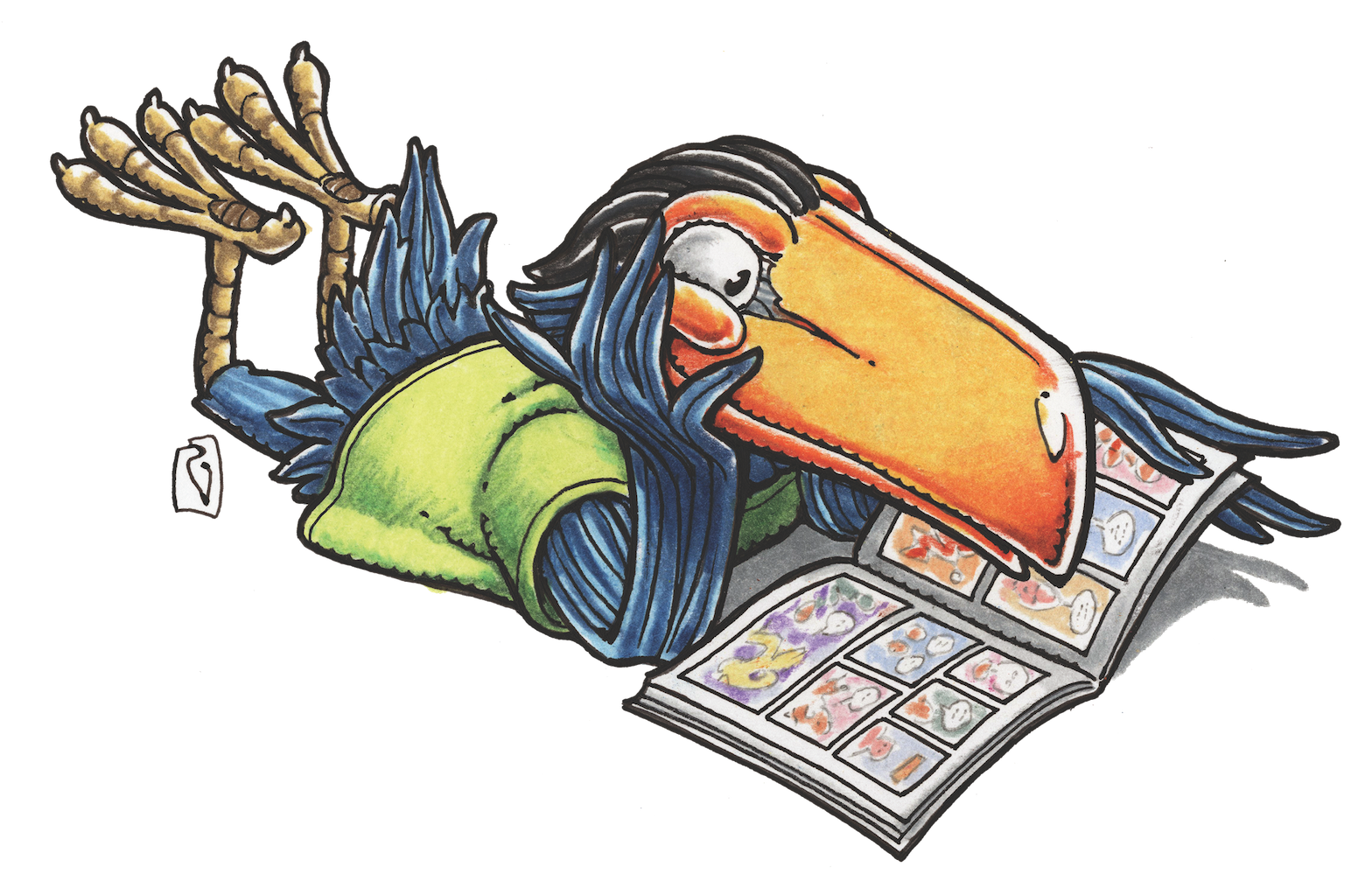STEVE LIEBER’S DILETTANTE
Dilettante 012: A Tale of One Wise Guy by One Wiseman


As a kid in the 1970s, I had very limited sources for comic books. My family was too broke to buy new comics from the newsstand, and libraries hadn’t yet begun to shelve comics in any meaningful way. I was left with what I could find in flea markets, in two semi-legal shops that sold coverless comics that were supposed to have been pulped, and in the 3-for-a-quarter grab bags that would occasionally show up at a drugstore in my neighborhood. Those grab bags were tightly sealed, so you could get a glimpse of two of the three comics inside, but the one sandwiched in the middle was always a total mystery. You got whatever was there, regardless of whether you’d have chosen it for yourself, and that was how I happened to buy a copy of a Dennis the Menace Christmas Special on the way home from Hebrew school one sunny May afternoon.
For an 8-yearold secular Jew, Christmas was an exotic and alien festival, and its chief impact on my life was the surplus of Rankin Bass animation that flooded the airwaves every December. I honestly don’t think I’d ever read a story about Christmas before, so my introduction to the world of department store Santas, popcorn strings, and Christmas pageants also involved Dennis utterly destroying them.
I’ve got a reprint of this comic in front of me right now, and it’s genuinely impressive how much trouble Dennis causes in a few pages, and how quickly these comics move. Here’s the first panel of one story, “Dennis Acts Up,” written by Fred Toole, drawn by Al Wiseman (both uncredited in the original).
Look at what Toole and Wiseman were able to accomplish in one panel:

They establish the central character of the story. There’s Dennis prominent in the foreground of the panel. He’s moving away from the reader, but Wiseman has nudged the 3/4-rear angle on Dennis’ face enough to give us a clear look at his expression.
That expression—like his gesture—is exuberant. His mouth is wide open, like he’s shouting. Dennis is bursting into the room, running in a way that you generally aren’t supposed to in the house. He’s slammed an off-panel door, and he hasn’t bothered to take off his winter coat or hat. Looks like A: it’s wintertime, and B: this kid doesn’t care much for the social niceties.
There’s a woman in the room, young, pretty, working at a sewing machine. Is she domestic help? No, the boy addresses her as “Mom.” Her eyebrows are up and she’s drawn back in surprise. Looks like she was alarmed by his sudden intrusion. But she converses with him normally, calling him “dear,” which would indicate she’s used to these sorts of surprises.
In the dialogue, Dennis is happily calling out, “Guess what, Mom, I’m a WISE GUY.” That’s an odd thing for a kid to say. Apparently he’s the kind of kid who would be excited to call himself a gangster, or someone who likes getting away with doing bad things. His mother is gently correcting him. (We later find out he’s going to be one of the Three Wise Men in the Christmas play.)
They’re in a modestly furnished room, brightly lit, with nothing that indicates it’s dirty or unsafe. Mom is sewing on a sewing machine. She’s only working on one dress, and there’s no pile of other work lined up nearby, so it’s probably her own clothing she’s sewing. Looks like they’re well-off enough to afford a comfortable home and a sewing machine, but not so wealthy that they pay someone else to do the sewing.
In that one panel, they establish two major characters, the nature and character of their relationship, the time of year, their economic circumstances, and along the way, they set up a conflict that develops and resolves over the next few panels. All in one and a half square inches of spare, open, line art with patchy, flat four-color process. I didn’t realize this at the time. I just plowed through the stories at top speed. And when I was done, I read them again. And again, unconsciously absorbing lessons in storytelling that I still apply every day at the drawing board.
It was nearly summer when I bought this comic, sandwiched between a couple of adventure titles, but as far as I’m concerned, it was a hell of a Christmas gift.
Steve Lieber’s Dilettante appears the second Tuesday of each month here on Toucan!